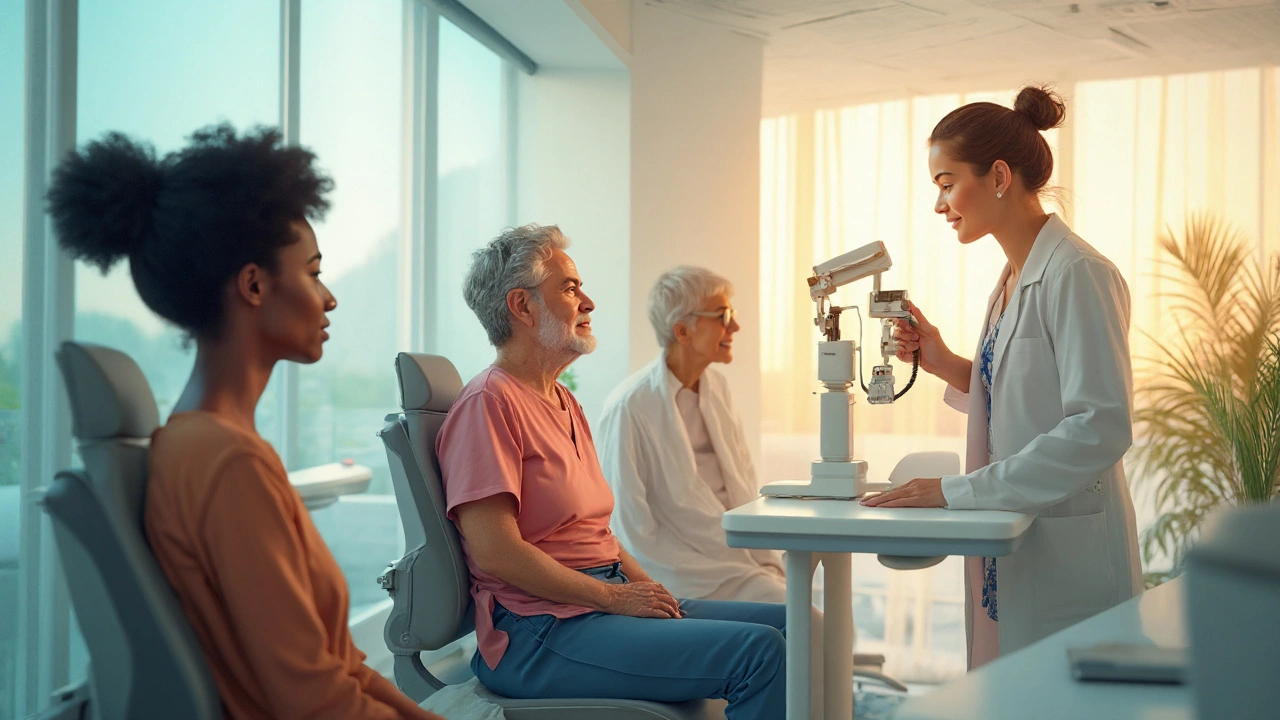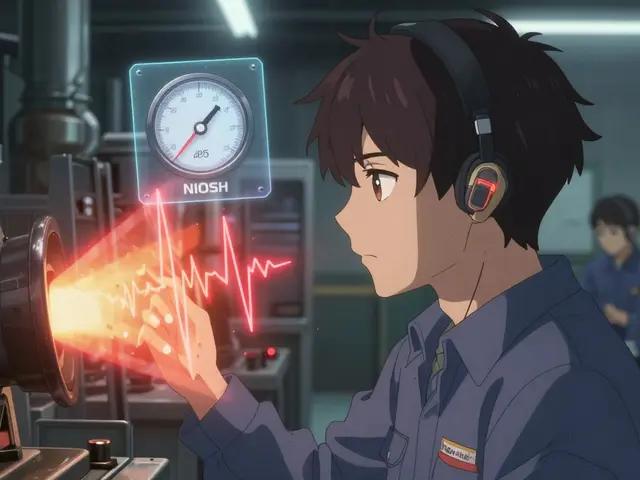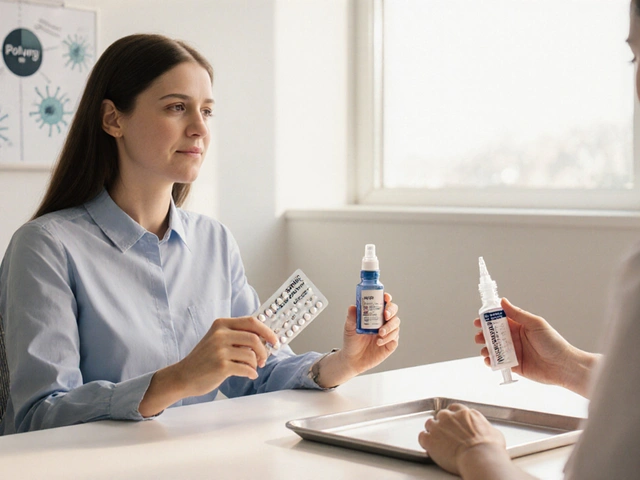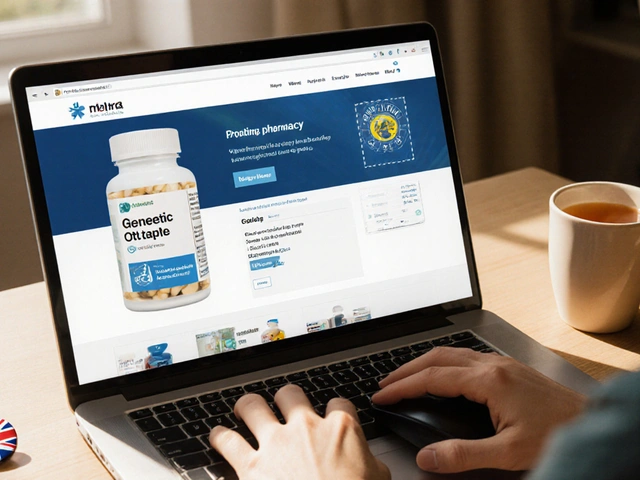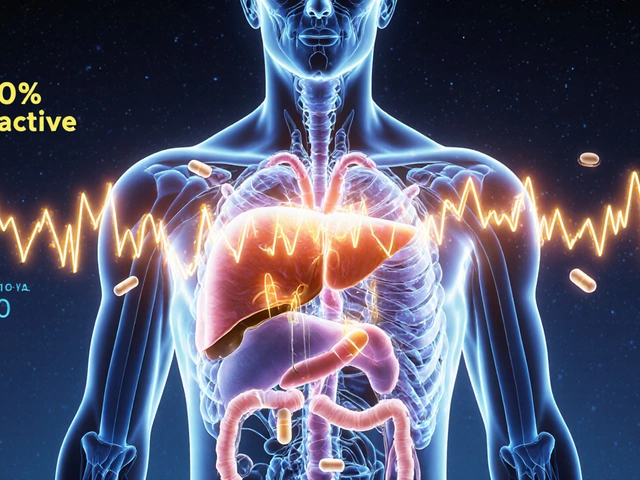Glaucoma Risk: What Raises It and How You Can Lower Your Chances
Did you know that pressure inside your eye can silently damage the optic nerve? That’s the main driver behind glaucoma, a leading cause of vision loss worldwide. Even if you feel fine, high eye pressure can creep up over years, so knowing the risk factors is the first step to protection.
Common Factors That Increase Glaucoma Risk
Age is the biggest red flag – people over 60 are far more likely to develop the disease. Family history matters too; if a parent or sibling has glaucoma, your odds go up. Certain ethnic groups, especially people of African or Asian descent, face higher rates. Besides genetics, some everyday health issues play a role. High blood pressure, diabetes, and even severe nearsightedness can strain the eye’s drainage system.
Medications also count. Long‑term use of steroids – whether in eye drops, pills, or inhalers – can raise eye pressure. If you’ve been on these drugs, ask your doctor about regular eye checks. Lifestyle choices matter as well. Smoking reduces blood flow to the optic nerve, while a diet low in antioxidants may leave your eyes more vulnerable.
Spotting Early Signs and Getting Checked
The tricky part is that early glaucoma often has no symptoms. That’s why routine eye exams are essential. An eye doctor will measure your intraocular pressure, check the shape of your optic nerve, and test peripheral vision. If you notice any loss of side vision, halos around lights, or eye pain, book an appointment right away.
Even if you feel fine, aim for a comprehensive eye exam at least once every two years after age 40, and more often if you have any of the risk factors mentioned. Early detection can mean simple eye drops instead of surgery later on.
Now, what can you do to keep your eyes safe? Maintaining a healthy weight helps control blood pressure and diabetes, both of which affect eye pressure. Exercise regularly – walking, swimming, or biking improves circulation to the eyes. Eat a diet rich in leafy greens, carrots, and fish; these foods supply vitamins A, C, E, and omega‑3 fatty acids that support optic nerve health.
Protect your eyes from UV light by wearing sunglasses with proper UV protection. Limit caffeine, as excess caffeine may raise eye pressure temporarily. And if you take steroid medications, discuss the lowest effective dose with your doctor.
Finally, stay on top of follow‑up appointments. If your doctor prescribes eye‑drop medication, use it exactly as instructed. Missing doses can let pressure climb again. Keep a simple log or set phone reminders to stay consistent.
Glaucoma doesn’t have to steal your vision. By understanding the risk factors, getting regular eye checks, and living a healthy lifestyle, you can dramatically lower the odds of developing this silent threat. Take charge of your eye health today – your future self will thank you.
Learn what ocular hypertension is, why it happens, how to spot it early and the most effective treatment options to protect your vision.
Recent-posts
Feb, 2 2026
Categories
Tags
- online pharmacy
- side effects
- drug interactions
- generic drugs
- online pharmacy UK
- drug safety
- opioid side effects
- pill organizer
- Tadalafil
- arthritis medication
- buy medication online
- prescription medication
- quit smoking
- motion sickness
- Sildenafil
- Vardenafil
- ED medication alternatives
- biologics
- medication safety
- generic medication prices

